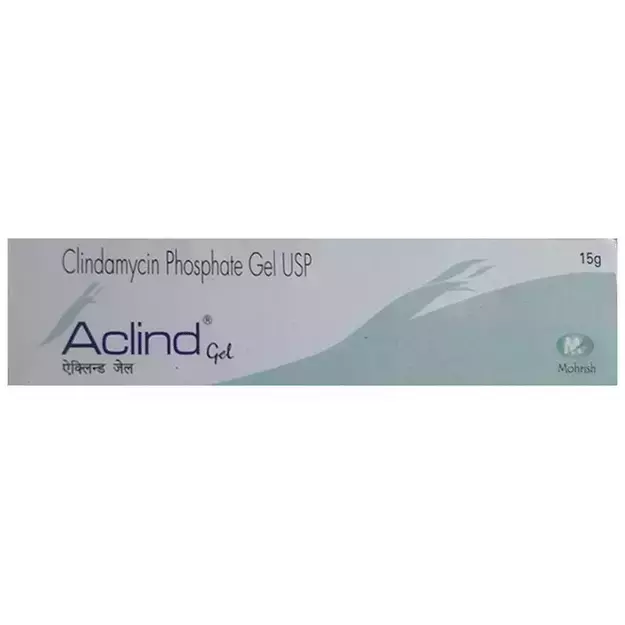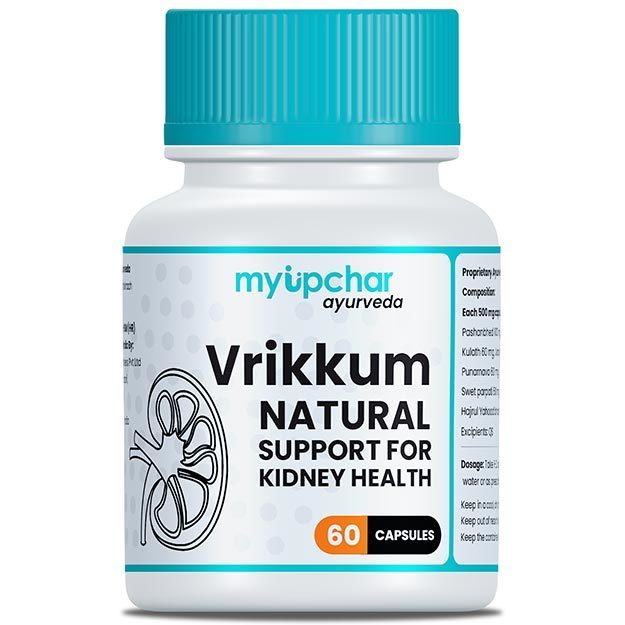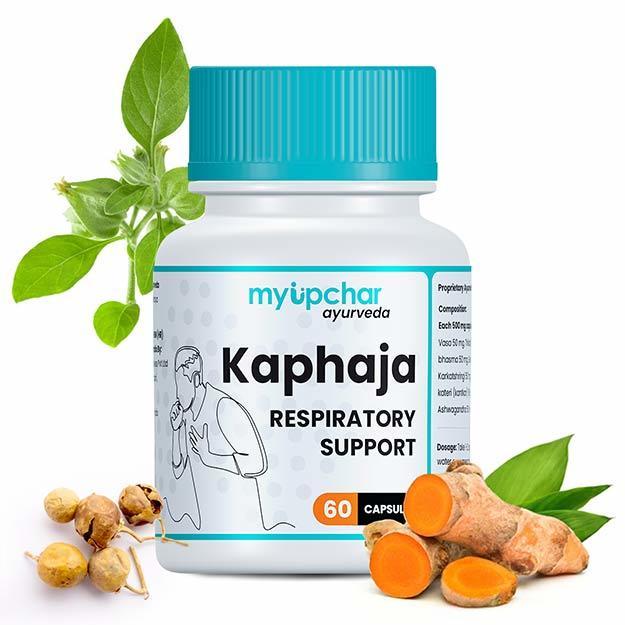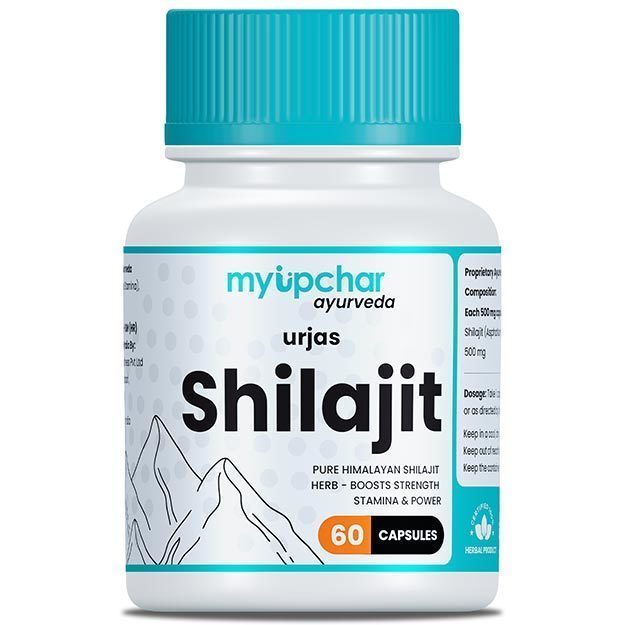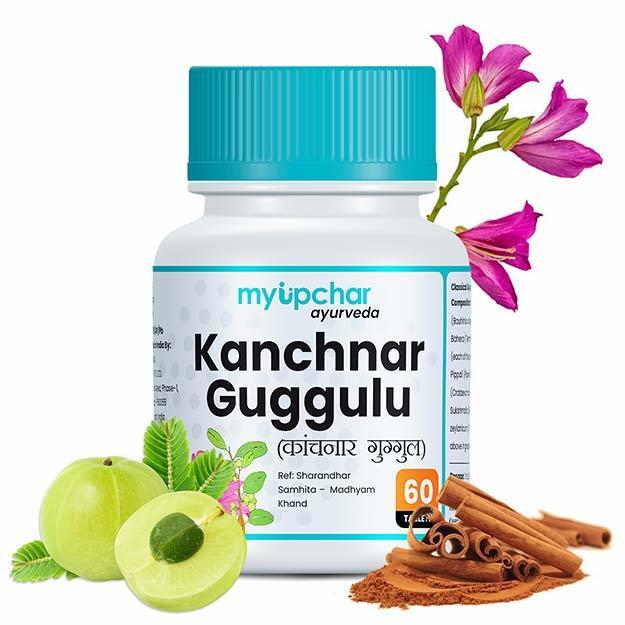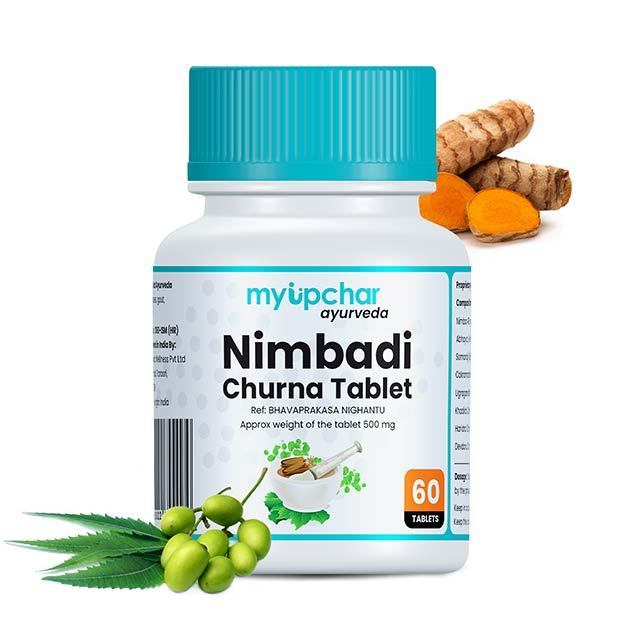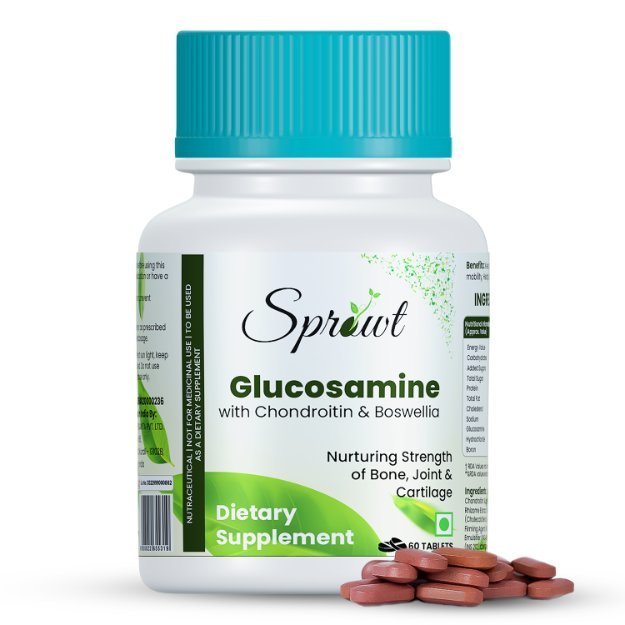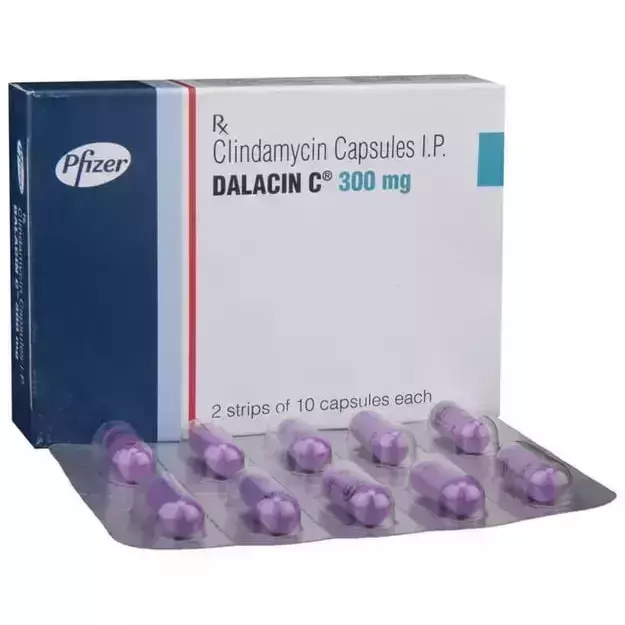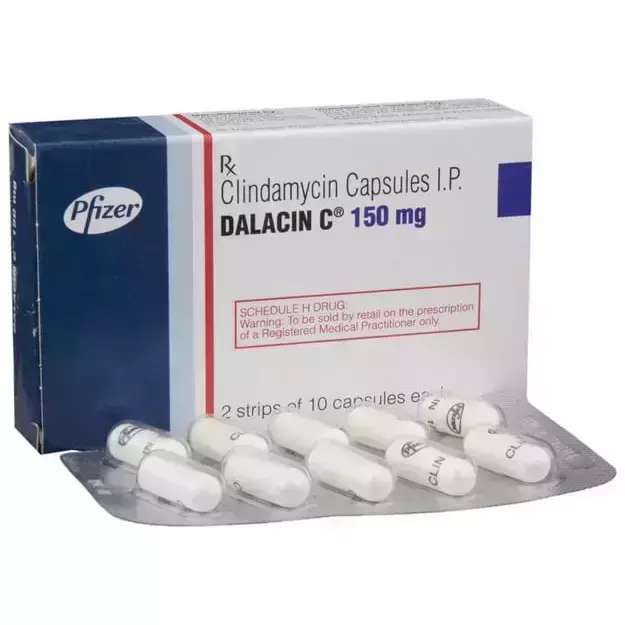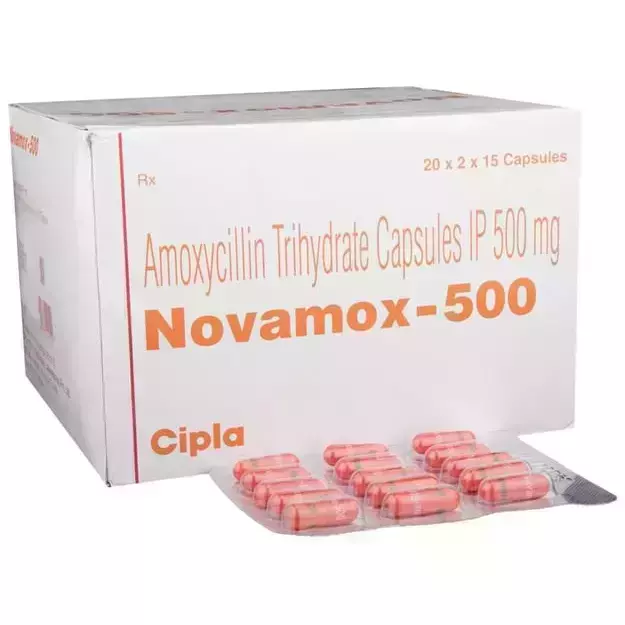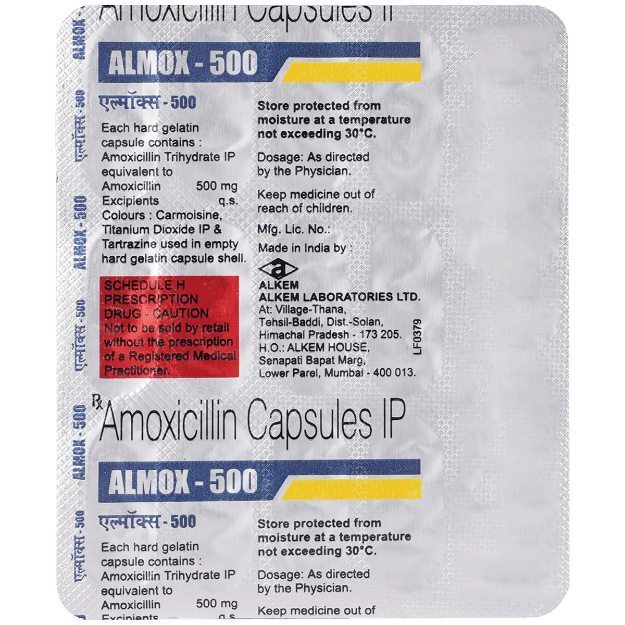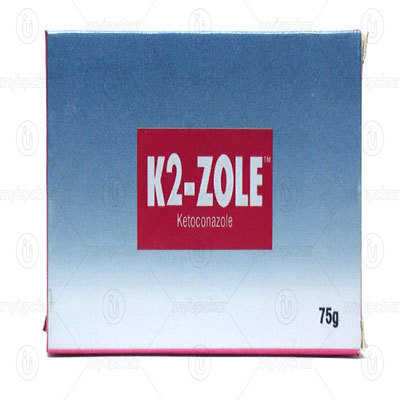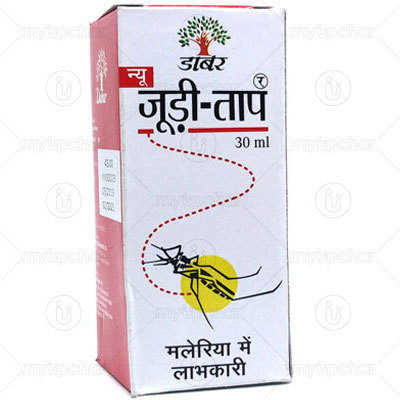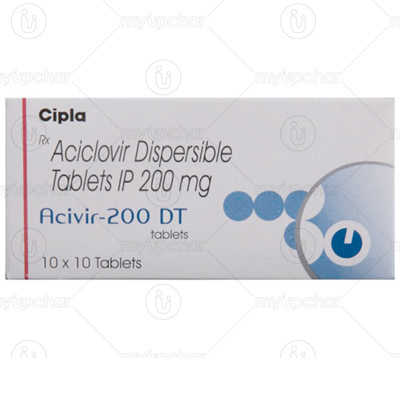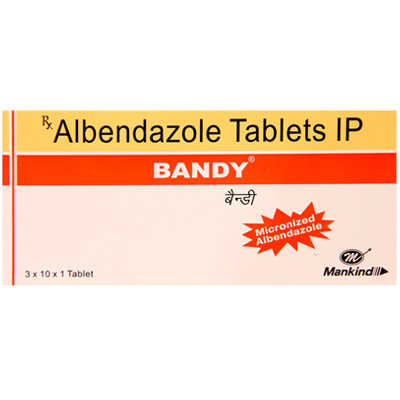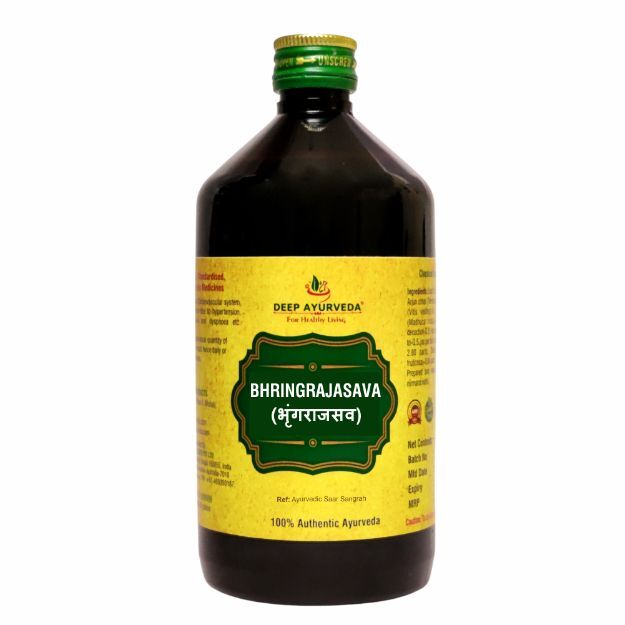Clindol 150 Capsule, a prescription drug, is manufactured in various forms such as Capsule. Bacterial Infections, Skin Infections are some of its major therapeutic uses. The alternative uses of Clindol 150 Capsule have also been explained below.
The optimal dosage of Clindol 150 Capsule is largely dependent on the individual's body weight, medical history, gender and age. Individual symptoms and route of administration also determines the right dosage. Detailed information has been provided in the dosage section.
Besides the aforementioned side effects, there are other adverse effects of Clindol 150 Capsule as well, which are listed below. These side effects of Clindol 150 Capsule are usually temporary and subside with the completion of treatment. Please speak with your doctor if these side effects worsen or persist for a longer duration.
It is also important to note that Clindol 150 Capsule has a Severe effect for pregnant women and Moderate effect on lactating mothers. In addition, Clindol 150 Capsule's effects on the liver, heart and kidney are discussed below in the Clindol 150 Capsule related warnings section.
Other contraindications of Clindol 150 Capsule have been discussed in the sections ahead.
Drug interactions for Clindol 150 Capsule have been reported in the medical literature. A complete list of these interactions is given below.
You should also be aware that Clindol 150 Capsule is safe while driving, and is addiction.
X

